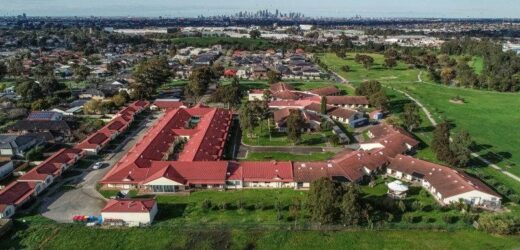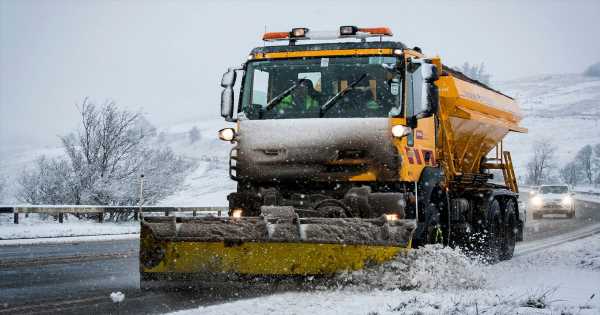For our free coronavirus pandemic coverage, learn more here.
It did not exactly take long for the coronial inquest into the tragic deaths at St Basil’s Homes for the Aged last year to reveal the extent to which some of our most vulnerable citizens had been let down, even betrayed, by those entrusted with their care.
St Basil’s Home for the Aged in Fawkner.Credit:Joe Armao
Over just the first week of hearings it became apparent that the residents were failed, in no particular order, by:
- The Greek Orthodox Church, which ran the home and was paid $14.6 million by Canberra in the five years before the pandemic.
- The state government, which furloughed the home’s regular staff when they were exposed to the coronavirus despite warnings from doctors that this would impact severely on the residents’ day-to-day care.
- The federal government, which was meant to have a qualified “surge” temporary workforce ready to replace furloughed staff.
- The private nursing contractor Aspen, which was subsequently paid millions by the federal government to supply the temporary replacement workforce but was apparently unable to secure enough competent carers.
- The pathology company that refused to go into the home to test residents as deaths at the home peaked.
- And the Aged Care Quality and Safety Commission, which regulates the sector and which seems to have gone missing when it was needed the most.
In fact, it took just the first day of the inquest for Peter Rozen, QC, assisting State Coroner John Cain, to lay out in telling detail just how many failures of process had occurred in such a short amount of time at St Basil’s.
How delays, confusion over responsibility and, frankly, systemic ineptitude played their part not only in 45 deaths during the July/August outbreak – nearly a third of the home’s elderly residents – but in creating such chaos after the regular carers were replaced by an inexperienced “surge” staff that, as this masthead reported, some desperate souls tried to bash down the centre’s front door to escape and find food.
A senior Northern Hospital doctor, Sandra Brown, warned at the time that authorities risked “residents starving to death and dying of dehydration from basic care needs not being met”. In an email to the health department after visiting on July 24, consultant Kirsten Congerton called the situation “horrific” and described the temporary agency staff as “very young, inexperienced, terrified and overwhelmed”.
A subsequent independent review found the majority Greek-speaking residents “were distressed and endangered by their inability to communicate their needs to staff” (many of whom did not have strong English let alone Greek) and, putting it mildly, “It rapidly became clear that the hasty transition to a replacement management team and surge workforce was not sustainable.”
Mr Rozen told the Coroners Court that by July 24 –19 days after the first infected staff member had a COVID test – “the true extent of the neglect became apparent to those at the highest levels of the Commonwealth and Victorian governments”. But by then, for many of the residents, it was already too late.
Christine Golding, the first witness called last week, said in a statement she wanted to hear “the true story of what happened to my mother – why she caught COVID-19, why she was neglected, why she suffered and why she died prematurely”. But Ms Golding also called for “justice for Mum”: not only for accountability and acknowledgement for the failings in this particularly sorry episode, but for “change in how we treat and value older people in our society”.
Indeed. As the royal commission into aged care stated in its interim report in 2019, “As a nation, Australia has drifted into an ageist mindset that undervalues older people and limits their possibilities. We have found that the aged care system … does not deliver uniformly safe and quality care for older people. It is unkind and uncaring towards them. In too many instances, it simply neglects them.”
We can only pray that the ongoing inquest provides – alongside its reckoning of those responsible – some closure for the families of those who died in the St Basil’s catastrophe. But it is also yet another opportunity – as if we needed it after dozens of aged care inquiries – to reflect on how we, as a society, value our elderly: and how we, as individuals, believe we deserve to be treated ourselves as we age.
Fascinating answers to perplexing questions delivered to your inbox every week. Sign up to get our new Explainer newsletter here.
Most Viewed in National
From our partners
Source: Read Full Article



